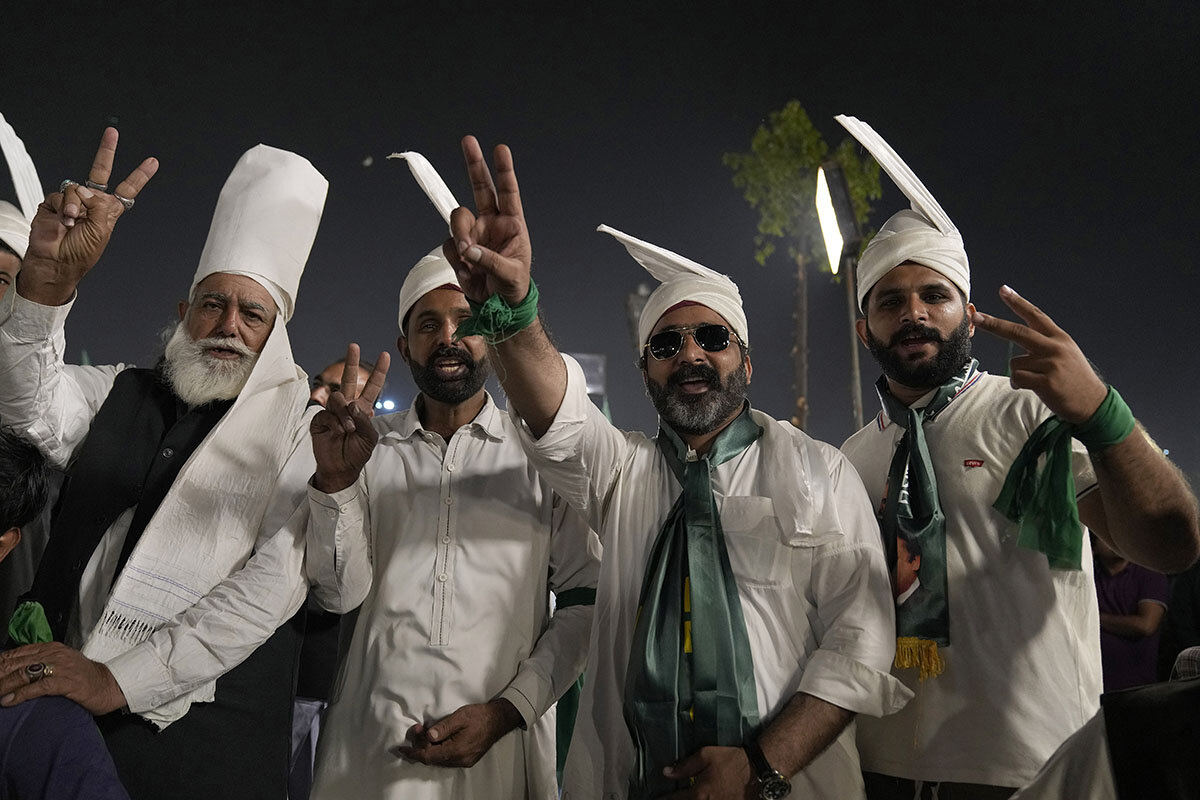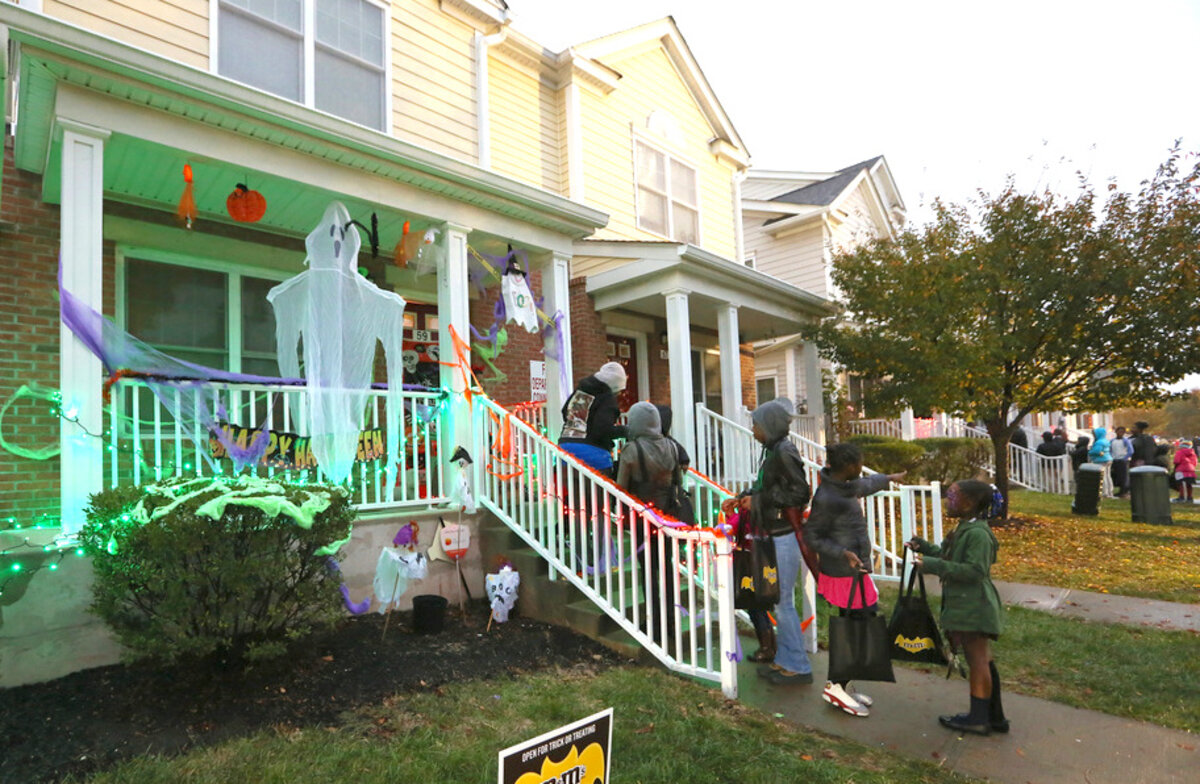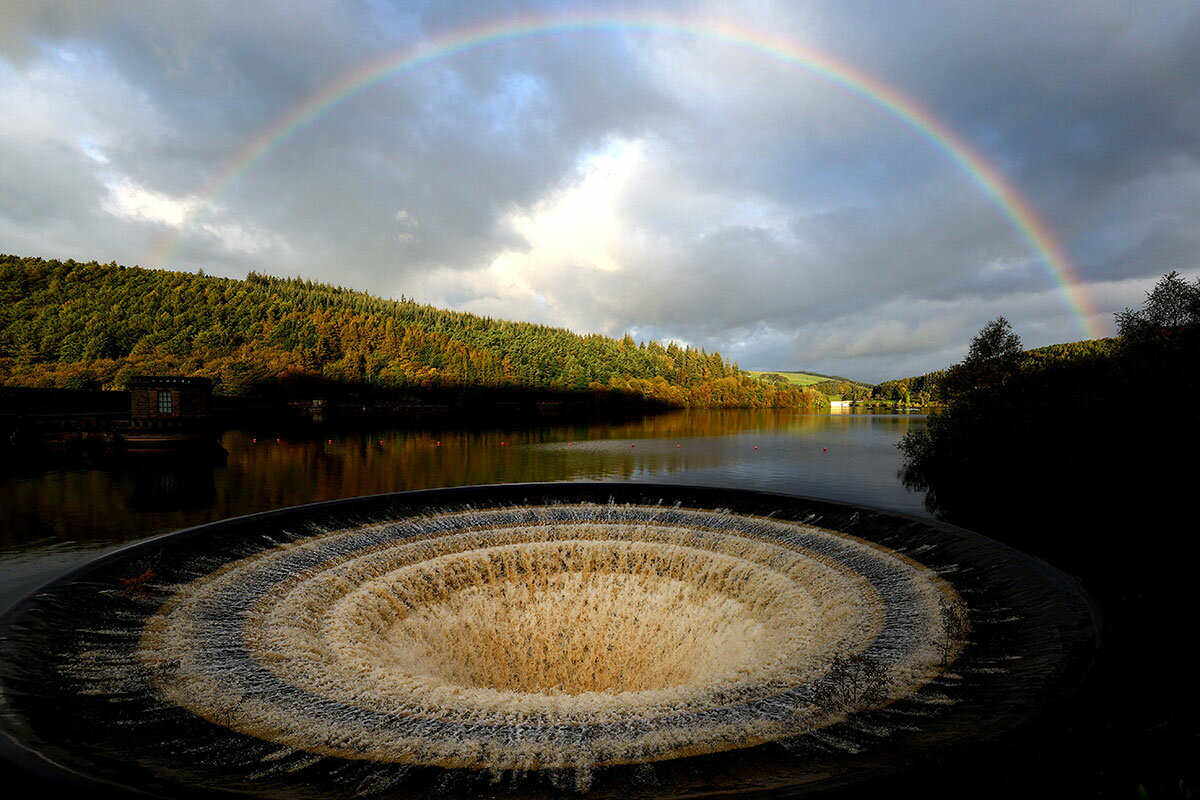As Israel prepares to launch a ground invasion of Gaza, its challenge is more than military. A long, costly battle could both remove Hamas and pave an ideological path for its return.
Monitor Daily Podcast
- Follow us:
- Apple Podcasts
- Spotify
- RSS Feed
- Download
 Mark Sappenfield
Mark Sappenfield
The information seems too important for the world not to have an answer. It is not an overstatement to say that it could even still be a significant factor in whether the Middle East – and the broader world – tips into war.
The question: Who was responsible for the explosion at the al-Ahli Arab Hospital in Gaza that local health authorities say killed hundreds of Palestinians? Hamas says it was Israel. Israel says it was an errant rocket from the Islamic Jihad militant group. Media outlets from the BBC to Al Jazeera are investigating, analyzing publicly available videos, interviewing eyewitnesses, and visiting the blast site – though access is severely limited.
How can we not know?
But there’s another perspective, centuries old. Celebrated English writer and thinker Samuel Johnson wrote in 1758: “Among the calamities of war may be jointly numbered the diminution of the love of truth, by the falsehoods which interest dictates and credulity encourages.” Fifty years later, Prussian military strategist Carl von Clausewitz wrote that the actions of war “are wrapped in a fog of greater or lesser uncertainty” – giving rise to the phrase “fog of war.”
Finding the truth today is hard enough. The means of distributing misinformation (mistakenly incorrect reports) and disinformation (intentionally misleading reports) are growing. Add to that the deep distrust between the Israelis and the Palestinians, and truth has a way of becoming what people on each side most want to believe.
But discovering the truth during a war is a momentous task, and certainly not one likely to happen with the speed that social media or 24-hour news channels would demand.
It took the Monitor more than a month to discover evidence of the Srebrenica massacre in Bosnia-Herzegovina in 1996. Sometimes, the truth requires time to emerge. And it is almost always worth waiting for.










